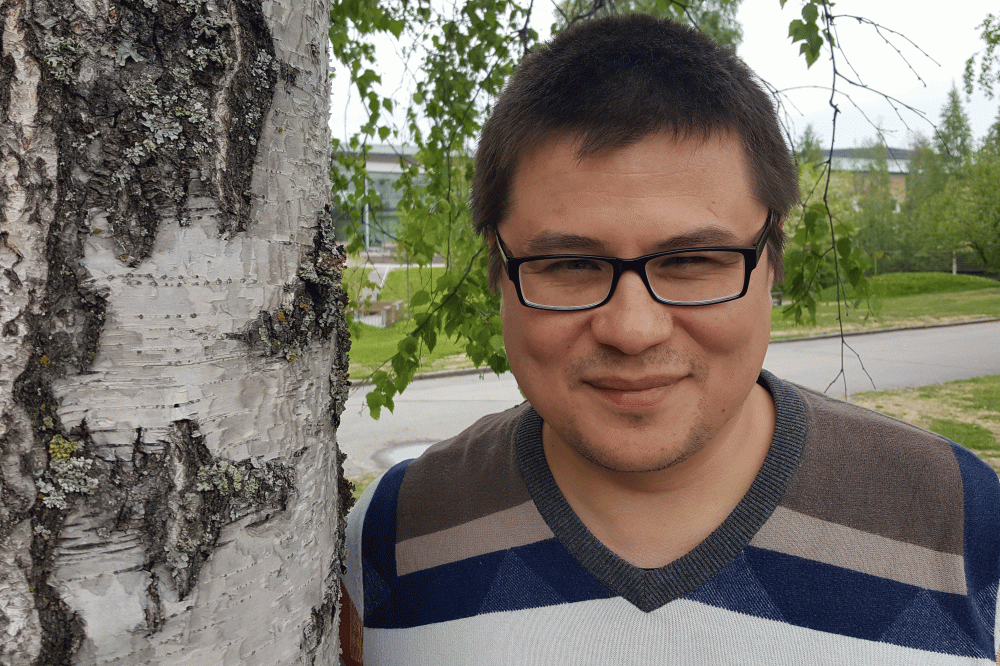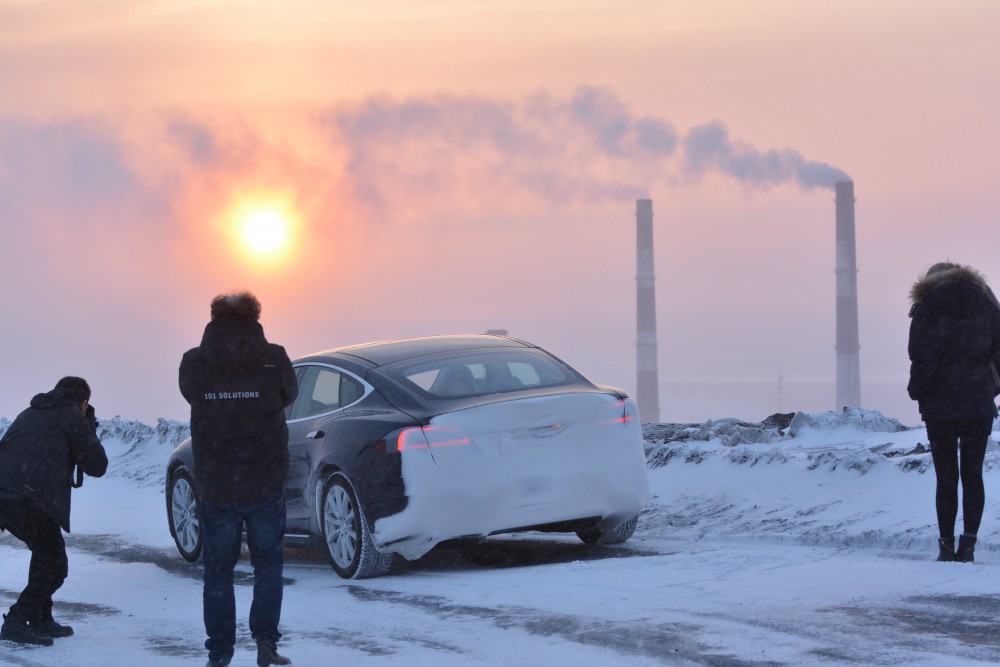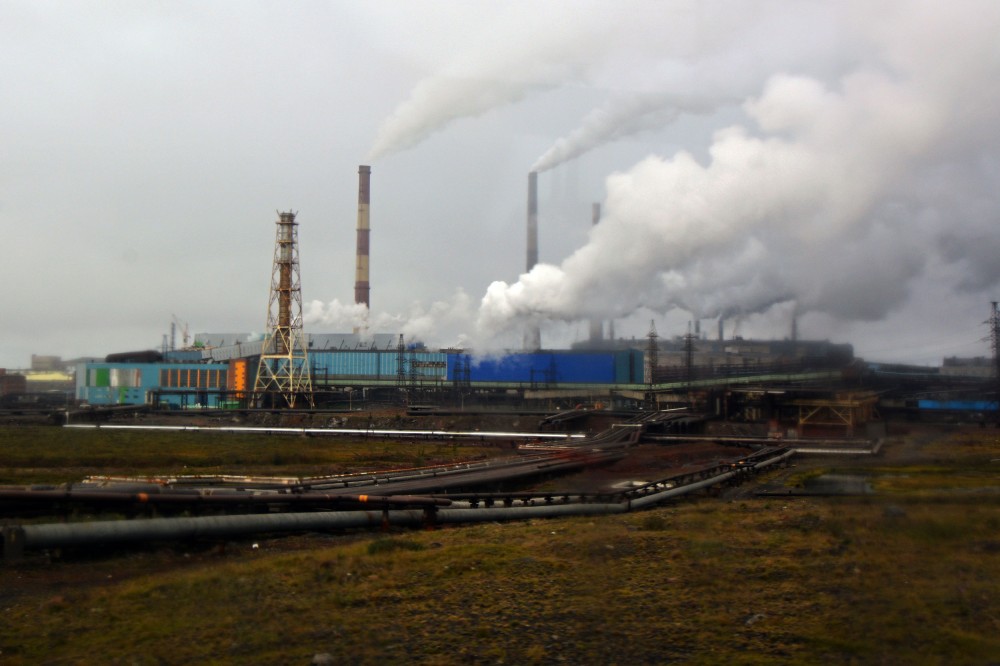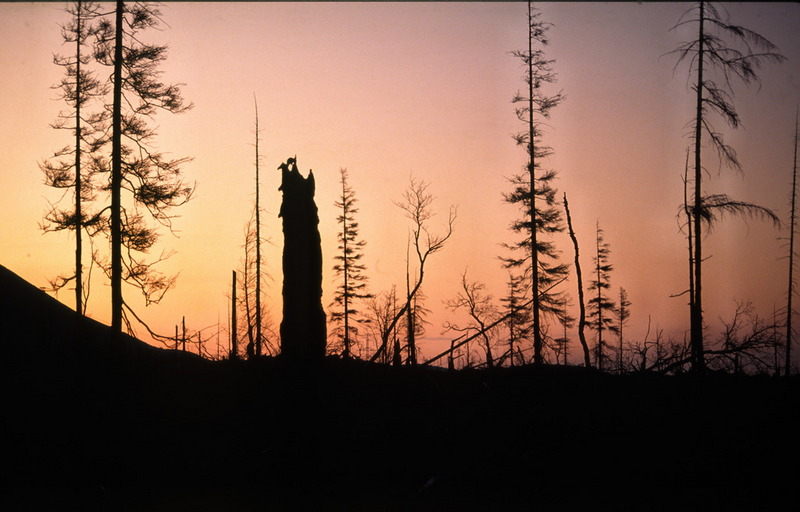Russian Indigenous groups ask Elon Musk not to buy battery metals from Nornickel
The company, which was in the spotlight over a massive spill earlier this year, routinely pollutes the Arctic environment, advocates say.
Citing pollution damage to the homelands of Russian Indigenous peoples, the Aborigen Forum, a network of independent experts, activists and Indigenous organizations are calling on electric vehicle maker Tesla not to purchase metals from Russian mining giant Norilsk Nickel.
The company (also known by the contraction Nornickel) recently made international headlines for a catastrophic 20,000-tonne spill of diesel fuel into an Arctic river and lake system.
In a letter to Elon Musk, CEO of Tesla, the Aborigen Forum urge him not to buy nickel, copper and other products from Nornickel until the company conducts a full and independent assessment of the environmental damage caused by its production.
This week, The Barents Observer reported the story about dying tree leaves caused by massive air pollution over an area of several square kilometers near Nornickel’s smelters in Monchegorsk on the Kola Peninsula.
In the letter, the group describes pollution as “routine occurrence” pointing to the river oil spill on the Taimyr Peninsula as an ongoing environmental disaster, “but not an isolated incident.”
“The lands of indigenous people appropriated by the company for industrial production now resemble a lunar landscape, and traditional use of these lands is no longer possible,” the letter to Musk reads.
Sámi Indigenous groups live in the Murmansk region, while Nentsy, Nganasan, Entsy, Dolgan and Evenki live on the Taimyr Peninsula in Siberia.
With mines and metallurgical factories on the Taimyr Peninsula and in the Murmansk region, Nornickel is the world’s largest nickel producer and ranks among the top ten copper producers. It also produces cobalt. All three minerals are important components in the current booming battery production for electric vehicles.
Tesla’s Elon Musk recently called on miners to produce more nickel. “Tesla will give you a giant contract for a long period of time if you mine nickel efficiently and in an environmentally sensitive way,” he said in a plea to mining companies quoted by Bloomberg.
An average Tesla Model S battery pack includes about 75 kilograms of nickel. The metal makes batteries energy dense so vehicles can drive further on a single charge. Tesla sold 367,500 cars last year and production is ramping up with new factories in China, Germany and Texas.
Other carmakers, like VW, BMW, Hyundai and others, are all rushing to secure raw materials for battery cars believed to count for millions of new vehicles annually within the next few years.

Dmitry Berezhkov is one of the experts working with the Aborigen-Forum network in Russia. He tells The Barents Observer that it is difficult for the Indigenous peoples to have their voices heard.
“It is not only difficult; it became impossible during the recent years,” he says. “Russia is building a new Arctic industrial reality rapidly and Indigenous people are not considered in these activities at all.”
Berezhkov names Russian authorities’ international statements about respect for indigenous peoples as “propaganda,” and especially so in the Arctic Council where Kremlin, according to him, has full control of the voices from the official Russian Indigenous peoples representatives.
Moscow takes over the Chair of the Arctic Council in 2021 for a two-year period.
“In reality, they don’t pay any attention to Indigenous peoples’ rights on the ground,” Dmitry tells.
He hopes the letter to Elon Musk could help.
“Nobody knows where Tesla gets the battery metals from as the company doesn’t disclose its suppliers. But we consider Musk’s request to nickel producers as an occasion to pay attention to the environmental degradation of indigenous peoples’ traditional lands,” Berezhkov says.
The Aborigen Forum asks battery car makers not to buy metals from Nornickel until the company prepares and implements a plan for re-cultivating contaminated lands on the Taimyr Peninsula and in the Murmansk region.
Also, Nornickel should “revise its policies for engaging with Indigenous peoples, making new guidelines based in the UN Declaration on the Rights of Indigenous Peoples,” the network writes.
As previously reported by The Barents Observer, Nornickel is cooperating with German chemicals producer BASF on a factory in Finland for battery components to carmakers in Europe. Nornickel will supply nickel and cobalt.


